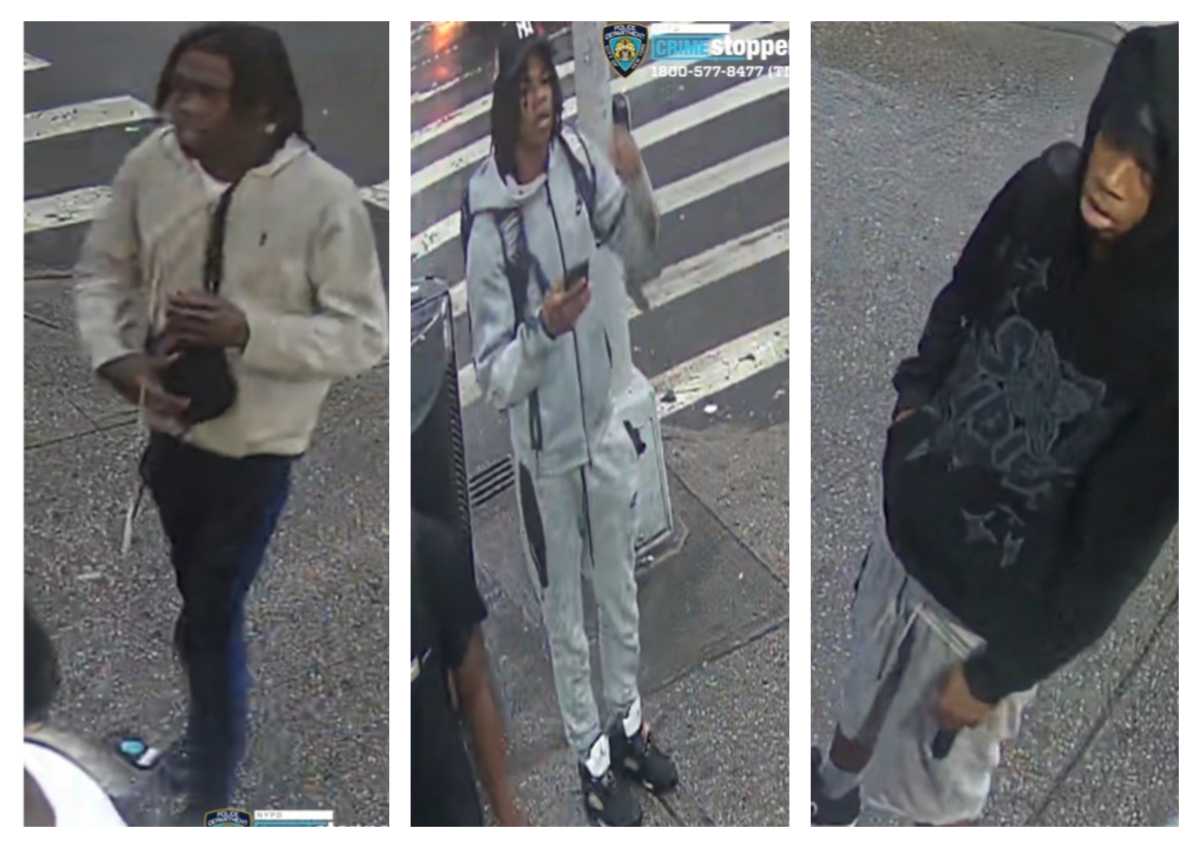
At first glance the candidates for City Council speaker have a straightforward task. The leader of that co-equal branch of government is formally chosen in January by the 51-member chamber.
But that means votes are precious. To gain support, maybe you visit every single council district in the five boroughs, “more than once,” admits Council member Mark Levine, one of the candidates.
Or you make hospital visits, as Council member Corey Johnson did for then State Sen. Ruben Diaz Sr., now an incoming council member himself, who was in the hospital for surgery over the summer. Diaz has opposed gay marriage and Johnson is an openly gay speaker candidate from Manhattan.
It also helps to check a few boxes, particularly when the mayor and governor and state and city comptrollers are white men. “For the record, I’m black, gay and Latino,” said Council member Ritchie Torres jokingly at a recent speaker candidate forum. (Johnson notes that he would be the first HIV positive speaker).
And while only Council members can vote, speaker candidates have to navigate the mélange of people who can’t vote but tend to influence the people who do. That includes Mayor Bill de Blasio, county party leaders, congressional luminaries, and union leadership, none of whose concerns are particularly equivalent to those of the people of New York City.
The City Council speaker matters
The speaker leads the $80-billion-plus budget process. She or he tends to have tight control over what legislation comes to a vote for this city of more than 8 million people. So the winner matters to you, though you don’t have much say on the matter unless you have a direct line to Rep. Joe Crowley.
To illustrate the machinations: Last time, Melissa Mark-Viverito became speaker with de Blasio’s support, along with that of many progressive members. This was a revision to the previous method, when Bronx and Queens Democratic party leaders banded together to get their council members to support their pick for speaker. It’s still unclear exactly how things will shake out this year: mayoral influence, or back to county dominance, with party leaders making the difference? So far, de Blasio has not yet fully played his hand. And Crowley, the Queens boss and a candidate for Speaker of the House of Representatives if Democrats win in 2018, has his own political future to consider and so may be making a pick carefully to keep other city leaders happy.
There’s plenty of time for the sands to shift. Few people are vocal about who they’re supporting, so early favorites (like Council member Donovan Richards) could sprint to the front. But insiders say that three frontrunners include Levine, Johnson, and Council member Robert Cornegy, who represents Bed-Stuy and parts of Crown Heights.
The next speaker will shape de Blasio’s final term
Most of the eight candidates are close to one another on policy, so with few exceptions you can expect a progressive leader who supports things like closing jail facilities on Rikers Island and legalizing marijuana. At a debate this week, the five candidates who showed up all supported those initiatives and a stalled police reform package, the Right to Know Act. That included Levine and Cornegy. Johnson, who was absent, said through a spokesman that he supports the bill. Among the frontrunners, Cornegy might be the most moderate, given his past support for some charter school issues and Airbnb.
More relevant is how the new speaker interacts with de Blasio, either as a partner greenlighting legislation or a metropolitan Mitch McConnell with the U.S. Senate majority leader’s past penchant for obstructionism. It’s a subject dear to council members, who tend to savor their independence from the mayor. Nevertheless, past speakers have worked closely with the mayor over most of the body’s objections. Mark-Viverito, for example, has held up the Right to Know Act, which is not supported by the administration.
On this front, some insiders view Levine as more aligned with de Blasio, and Johnson as more opposed. Cornegy, naturally, might be more combative on some of his moderate issues. But Levine stresses his own independence, pointing to negotations with the administration on housing court lawyers provided by the city. And Johnson was happy to endorse and fundraise for de Blasio during the campaign, so they’re not exactly enemies.
Whoever wins will thus provide some clues as to the tenor of city politics in de Blasio’s last term. Until then, regarding the horse trading, we’ll just have to keep our eye on the ball.
































